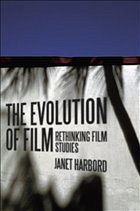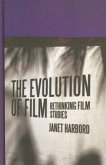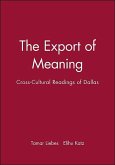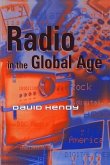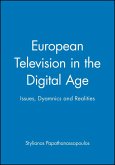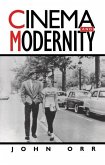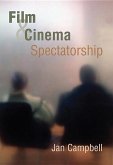How is film changing? What does it do, and what do we do with it? This book examines the reasons why we should be studying film in the twenty-first century, connecting debates from philosophy, anthropology and new media with historical concerns of film studies. When the common frameworks for studying film - the nation, identity, representation, Hollywood industry - have ceased to yield explanatory power, how do we conceive of film's doings? In this fresh and innovative book, Janet Harbord argues that film no longer represents or stands in for particular cultures, but acts isomorphically, showing us how the world works. Film here is action, energy, matter, moving across space to forge connections, provide encounters, and create schisms in our knowledge of others. The book brings together key thinkers of the contemporary in an innovative exchange between film and theory. Marc Auge's concept of 'non-place' is brought to bear on, and disrupt, the category of national cinema. Manuel DeLanda's notion of morphogenesis frames an understanding of film as a process of constant evolution, in which the terms of change are immanent to matter itself. And the concept of inertia, from Paul Virilio's work, allows us to comprehend the different energies of film. Arguing that there is no higher position from which to view the present, either in theory or in film, we move blindly and yet with faith, discovering the present frame by frame. The Evolution of Film demonstrates how this is an intangible yet critical medium in the contemporary, mediating relationships to place, technology and thought itself. The Evolution of Film will be essential reading for students and scholars of film at all levels.
Hinweis: Dieser Artikel kann nur an eine deutsche Lieferadresse ausgeliefert werden.
Hinweis: Dieser Artikel kann nur an eine deutsche Lieferadresse ausgeliefert werden.
"Harbord's is a major new voice in film studies, harking back tothe classical film theory of Bazin, Kracauer and Epstein, andechoing forward into the twenty-first century. The Evolution ofFilm makes a decisive contribution to the study of cinema, andto our understandings of the contemporary."
Sean Cubitt, University of Melbourne
Sean Cubitt, University of Melbourne

